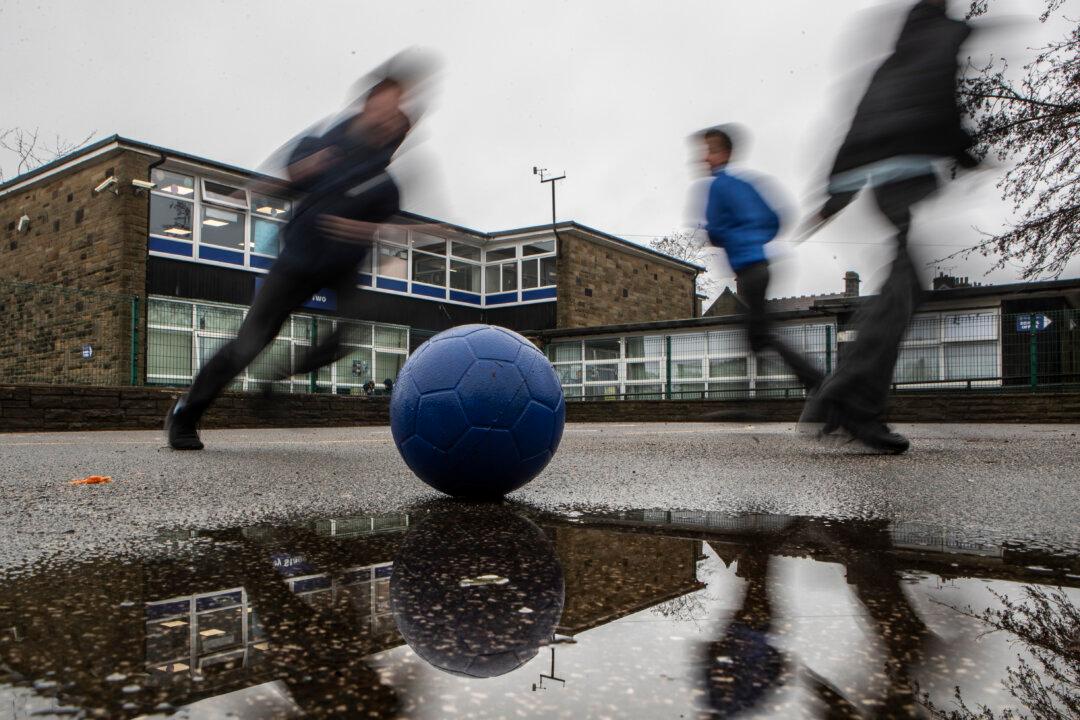Rates of eating disorder diagnoses and self-harm “substantially increased” among teenage girls in the UK during the first two years of COVID-19 lockdowns, according to a new study.
Social isolation, anxiety resulting from changing routines, and school shutdowns contributed to increases in eating disorder diagnoses and self-harm in young girls, but the affected number could be even higher than researchers observed.





